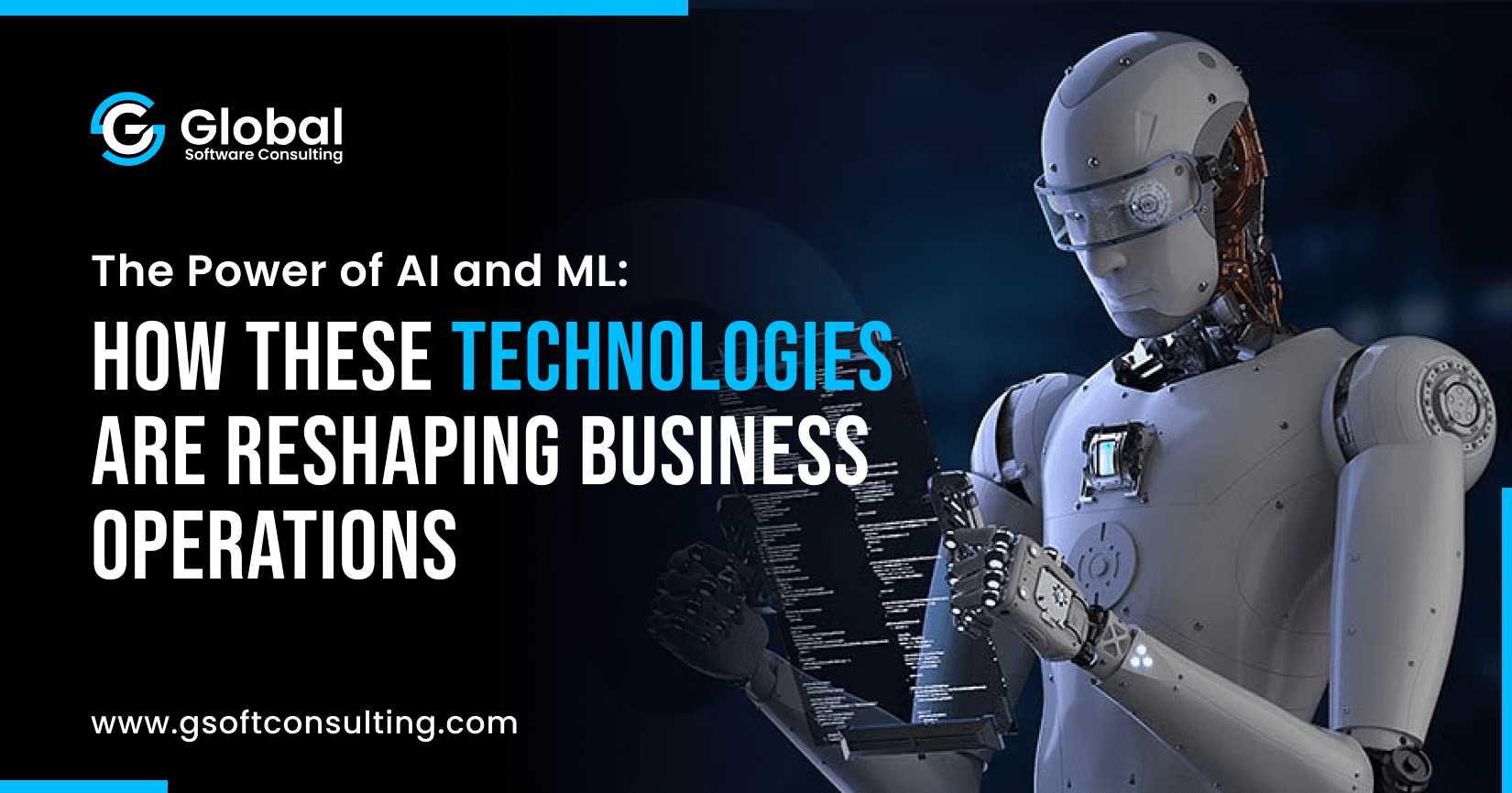The Power of AI and ML: How These Technologies are Reshaping Business Operations
2023-06-08

Artificial Intelligence (AI) and Machine Learning (ML) are two of the most transformative technologies of the 21st century, and they are rapidly changing the way businesses operate. These technologies have the potential to revolutionize the business landscape, enabling organizations to automate processes, make better decisions, and gain valuable insights into their operations. From data analytics to automation, customer experience, supply chain optimization, and fraud detection, AI and ML are transforming the way businesses operate and compete in the digital age. With AI and ML, businesses can process, analyze, and gain insights from vast amounts of data quickly and accurately. They can automate routine tasks, such as data entry and invoice processing, saving time and money, and reducing the risk of errors. They can provide personalized customer experiences, enhancing customer satisfaction and loyalty. They can optimize their supply chains, reducing costs and improving delivery times. And they can detect and prevent fraud, ensuring the integrity of their operations. As AI and ML technologies continue to evolve and improve, businesses that embrace them will be better positioned to succeed in the digital age. In this article, we will explore some of the ways in which AI and ML are transforming the business landscape and how organizations can leverage these technologies to gain a competitive advantage. Here are some of the ways in which AI and ML are transforming the business landscape:
Enhanced Data Analytics:
AI and ML are helping businesses better process, analyze, and gain insights from their data. With AI and ML, businesses can improve data quality, analysis, and interpretation, and make data-driven decisions. For example, businesses can use predictive analytics to identify potential problems before they occur, or use natural language processing to analyze customer feedback and reviews to improve their products and services.
Automation:
AI and ML are helping businesses automate routine tasks and processes, such as data entry or invoice processing. This can save organizations time and money, while also reducing the risk of errors. For example, businesses can use robotic process automation (RPA) to automate repetitive tasks like invoice processing and inventory management.
Improved Customer Experience:
AI and ML are helping businesses provide personalized customer experiences, which can improve customer satisfaction and loyalty. AI-powered chatbots, for instance, can provide quick and efficient customer service by answering frequently asked questions or handling basic queries. These chatbots can also collect customer data and provide recommendations based on their previous interactions with the company.
Supply Chain Optimization:
AI and ML are transforming the supply chain by providing real-time visibility into inventory levels, demand forecasting, and logistics optimization. By using predictive analytics and machine learning algorithms, businesses can optimize their supply chain processes to reduce costs, improve delivery times, and enhance customer satisfaction.
Fraud Detection:
AI and ML are transforming the way businesses detect and prevent fraud. These technologies can quickly identify patterns and anomalies in transactions and customer behavior, helping businesses to identify potential fraudulent activities and take action to prevent them. In conclusion, AI and ML are transforming the business landscape by enabling organizations to operate more efficiently, make better decisions, and provide better customer experiences. As these technologies continue to evolve, their potential impact on business will only continue to grow. Businesses that embrace AI and ML are poised to gain a competitive advantage and drive growth in the digital age.
Most Popular
•
Privacy policy•
Terms & conditions



